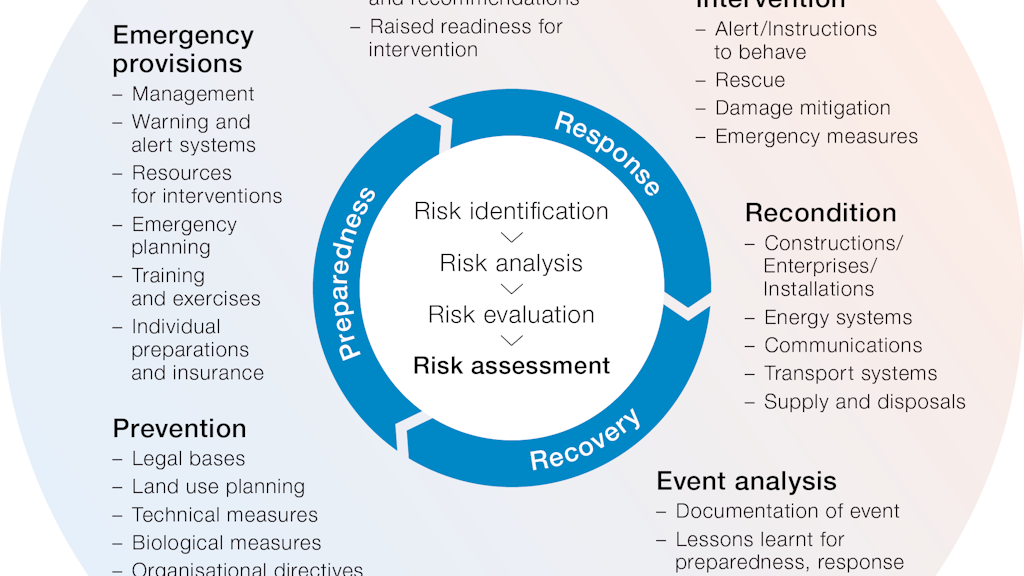
International aeroradiometric exercise from 2 to 6 June in Switzerland
Specialists from France, Germany, the Czech Republic, Lithuania and Switzerland will train in Switzerland from 2 to 6 June to carry out joint radioactivity measurements from the air.
News
Second evacuation of injured children from Gaza completed
Switzerland has completed its second humanitarian operation to evacuate injured children from the Gaza Strip. In collaboration with Norway, 13 children and 51 family members, who had previously travelled from Gaza to Jordan, were transported to Switzerland on Friday. They will be hosted by eight Swiss cantons, where they will receive medical treatment at various university and cantonal hospitals. They will also undergo an asylum procedure in Switzerland. As part of this humanitarian operation, Switzerland has evacuated a total of 20 injured children and 78 accompanying family members from Gaza.
Cyberthreat alerts now also on Alertswiss
Alertswiss will now also provide warnings to the public and businesses about serious cyberthreats. The National Cyber Security Centre (NCSC) and the Federal Office for Civil Protection (FOCP) have stepped up their collaboration. Cyberalerts are now integrated into both the Alertswiss app and website. This provides an additional channel through which to inform and warn the public as quickly as possible in the event of large-scale or unprecedented cyberattacks, and to provide practical guidance.
Injured children to be evacuated from Gaza for medical treatment
As part of a humanitarian operation, Switzerland is evacuating an initial group of seven injured children from the Gaza Strip to Switzerland. The children and persons accompanying them will be hosted by seven Swiss cantons, where they will receive medical treatment at university and cantonal hospitals. They will also undergo an asylum procedure in Switzerland. The humanitarian operation has been jointly organised by several federal agencies and cantons, and is being carried out in cooperation with the World Health Organization (WHO), Médecins Sans Frontières (MSF) and Swiss Air-Rescue Rega.
State Secretary for Security Policy to meet with Singapore’s Permanent Secretary (Defence)
Markus Mäder, State Secretary for Security Policy, will receive Singapore’s Permanent Secretary (Defence) Chan Heng Kee in Bern on 21 October 2025. They will discuss current security policy developments and challenges and visit the National Emergency Operations Centre.
Deputy National Armaments Director receives foreign defence attachés
The Deputy National Armaments Director Thomas Rothacher will receive the defence attachés accredited in Switzerland from ten countries on 21 August 2025. The traditional professional exchange will take place in Bern and Spiez.
Topics

Protection of Cultural Property
The following pages offer you basic information about Switzerland's Protection of Cultural Property, about organisation, protective measures and legal basis.

Hazards and Risks
In civil protection, hazard and risk analyses provide the basis for action planning in the areas of prevention and precaution for coping with catastrophes and emergencies.
NBC Protection
NBC protection covers all measures to defend against and prevent nuclear (N), biological (B) and chemical (C) threats and hazards.
Critical infrastructure protection
The term „critical infrastructures“ refers to those facilities and organizations, whose disruption could cause severe damage on a supra-regional level, e.g. in the energy sector, the communication sector or in the transport sector. The Federal Office of Civil Protection FOCP is responsible for the coordination of the works in the field of Critical Infrastructure Protection.

